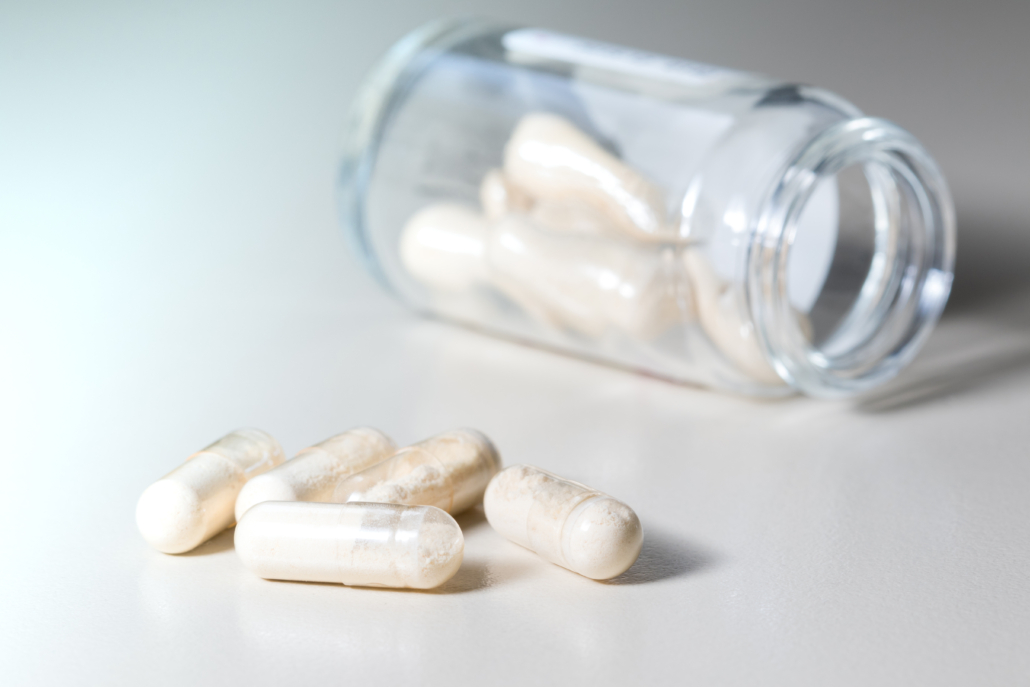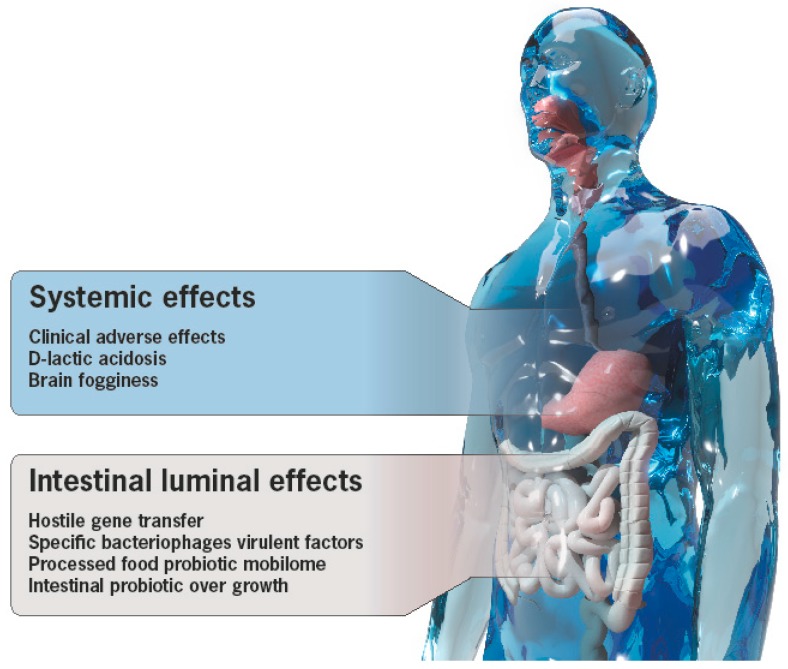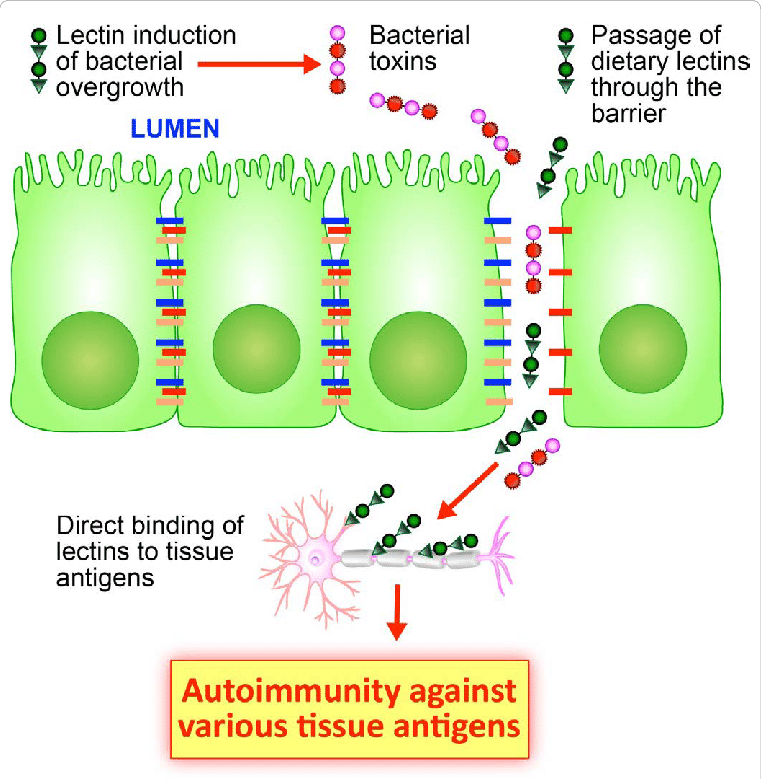We include products in articles we think are useful for our readers. If you buy products or services through links on our website, we may earn a small commission.
Carnivore Diet Probiotics: The Facts

Table of Contents
By eliminating plant fiber and carbs, the carnivore diet helps you reset your gut microbiome. For this reason, many people wonder if consuming probiotics on the carnivore diet will help with this gut reset.
The short answer is, no.
Numerous studies have found no evidence to support any of the advertised benefits of probiotics. In fact, the only conclusive research links probiotics with various health risks.
Let’s take a closer look at why carnivore diet probiotics are at best, a waste of money, and at worst, potentially harmful.
What Are Probiotics?
Probiotics are living bacteria and yeasts. They’re often produced in the fermentation process of dairy products, added to various foods, and consumed in supplement form.
Probiotics are marketed as “good” or “healthy” bacteria. Brands claim that they promote intestinal microbial balance that heals the gut, improves digestion, boosts immunity, and promotes skin health among other benefits.
Probiotic advertising has been remarkably effective, making the probiotic industry worth $28 billion dollars.
Research on the Effectiveness of Probiotics
Despite the marketing claims, a review of seven random control trials found that there was no evidence that probiotics benefit the intestinal microbiota of healthy people.
The researchers also point to a lack of quality studies or any standardization regarding the positive outcomes that studies on the effects of probiotics are looking for.
Though probiotics don’t have measurable benefits, they do have measurable risks.
Risks of Probiotics
Numerous studies warn of various and potentially serious risks of probiotic use. Here’s a brief rundown:
- People with severe illnesses and compromised immune systems are at higher risk of various possible harmful effects of probiotic use.
- Possible harmful effects of probiotics include infections, production of harmful substances by the probiotic microorganisms, and transmission of antibiotic resistance genes from probiotic microorganisms to other microorganisms in the digestive tract
- Some probiotics contain microorganisms other than those listed on the label. There have been instances when these contaminants pose serious health risks
- Probiotic-induced d-lactic acidosis causes fatigue, weakness, disorientation, and restlessness
- Probiotic fermented carbs can lead to bacterial overgrowth, resulting in d-lactic acid production, increased gas, and bloating
- Medical literature warns against using probiotics if you have congenital or acquired immune disease, heart anomalies, HIV, ulcerative colitis, or if you’ve had chemotherapy, an organ transplant, or a recent operation
It’s also worth noting that probiotics are not regulated by the Food and Drug Administration. This means that companies do not have to prove that the ingredients listed are actually in the bottle.

Source: Lerner, A.; Shoenfeld, Y.; Matthias, T. Probiotics: If It Does Not Help It Does Not Do Any Harm. Really? Microorganisms 2019
The Carnivore Diet for Gut Health

The carnivore diet benefits gut health precisely because it removes fermentable fibers and carbohydrates. Additionally, the carnivore diet eliminates plant toxins.
Removing these three harmful factors stops bacteria overgrowth, allows the gut lining to heal, and promotes the restoration of healthy bacteria. [19] [20] [21]
Many people go carnivore to overcome inflammatory autoimmune disorders. Probiotics are contraindicated for these conditions and are not shown to provide any measurable benefits.
Keep in mind that animal products provide structure, while plant products provide stressors.
Plant products contain gut stressors like excess fiber, carbs, and naturally occurring antinutrients and toxins–all of which damage tissues and promote chronic inflammation in the gut–the roots of modern diseases.
Animal fats, muscle, and micronutrients, on the other hand, are the foundation of healthy cell structures in the gut.
Carnivore Diet Probiotics: The Bottom Line
The carnivore diet is an effective way to reset your intestinal microbiome and eliminate plant toxins, including lectins that contribute to leaky gut and associated system-wide inflammation.

When considering that studies show no measurable benefits, and numerous potential risks of probiotic use, there’s no reason to waste your money on carnivore diet probiotics.




















